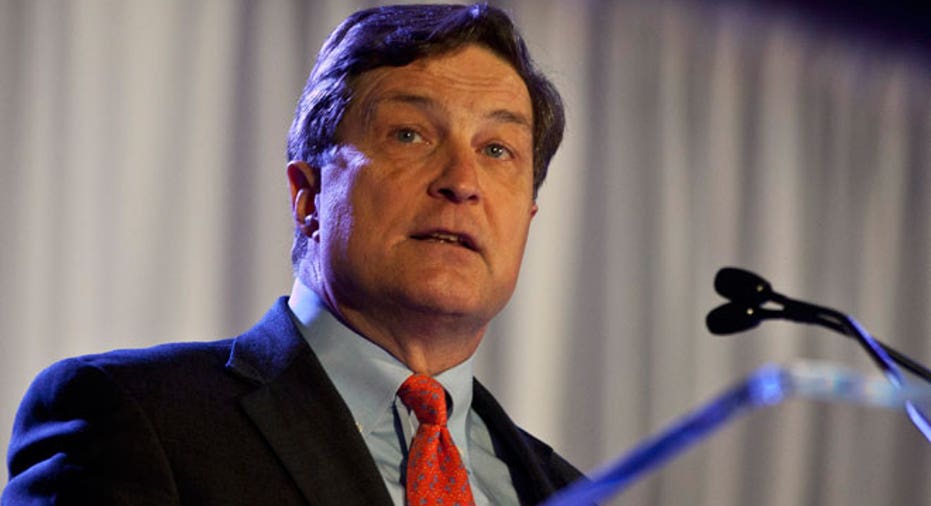Fed's Lacker: U.S. Economy Could Need Much Higher Rates

The U.S. economy appears strong enough to warrant significantly higher interest rates, Richmond Federal Reserve Bank President Jeffrey Lacker said on Friday.
Lacker, who is not a voting member of the U.S. central bank's rate-setting committee this year, made his comments after the U.S. government reported a hiring slowdown in August that could effectively rule out a rate hike later this month.
Lacker's remarks suggested he is concerned the Fed might raise rates too slowly.
Speaking to a group of economists in Richmond, Lacker argued that a range of economic analysis suggests the Fed's benchmark overnight interest rate - the federal funds rate - is currently too low.
"It appears that the funds rate should be significantly higher than it is now," he said in prepared remarks.
While Lacker is not due to have a vote on policy until 2018, he does participate in discussions on interest rates. The Fed has appeared sharply divided between policymakers who favor rate increases soon and those who urge more caution.
Those favoring caution appeared to get a boost on Friday when a report showed 150,000 U.S. jobs were created last month, fewer than expected.
But Lacker said the case for higher rates would only grow stronger unless job growth slowed "significantly in the months ahead."
The Fed hiked rates in December for the first time in nearly a decade and has signaled since March that two rate increases could be in order this year. Fed Chair Janet Yellen said last week she thought the case for a rate hike had strengthened, but many investors have doubts the central bank will raise rates at all this year.
Lacker said he was concerned the economy could heat up enough for inflation to get above the Fed's 2 percent target, hurting the central bank's credibility. He said warning about prices "might not be fashionable" give that inflation has been below target in recent years.
But there is a real risk of falling behind the curve and jacking up rates so quickly a recession ensued, he said.
"It would be hard to calibrate policy settings carefully enough to avoid precipitating a contraction in real activity," Lacker said. (Reporting by Jason Lange; Editing by Paul Simao)



















